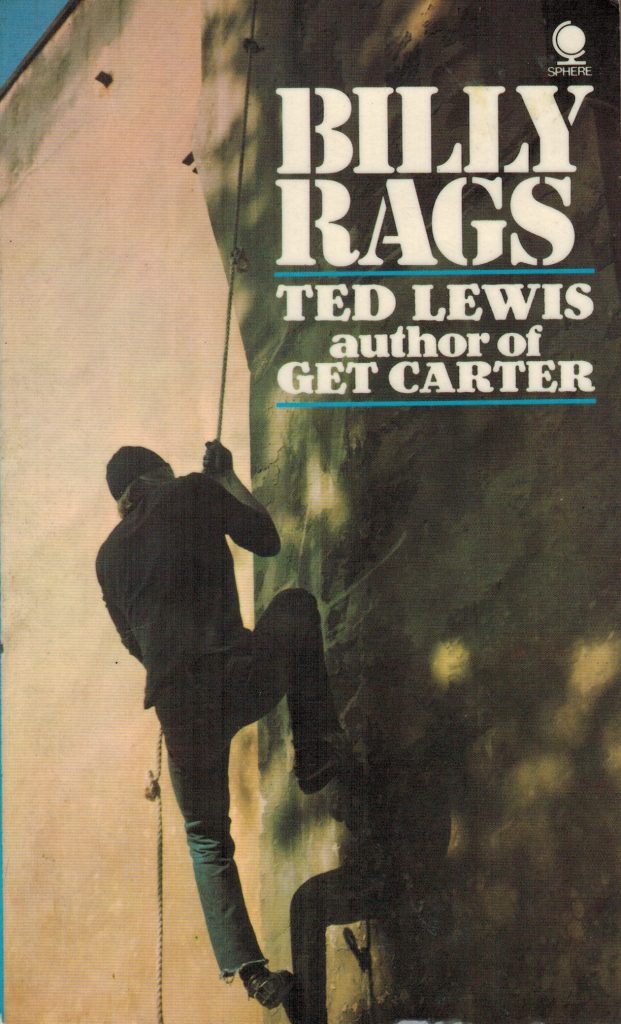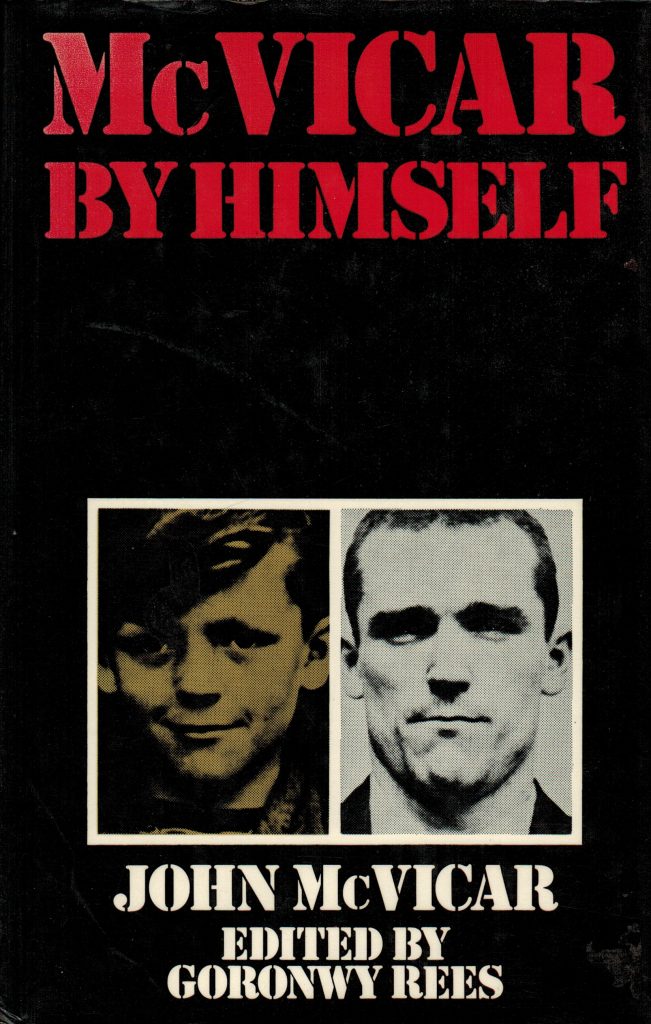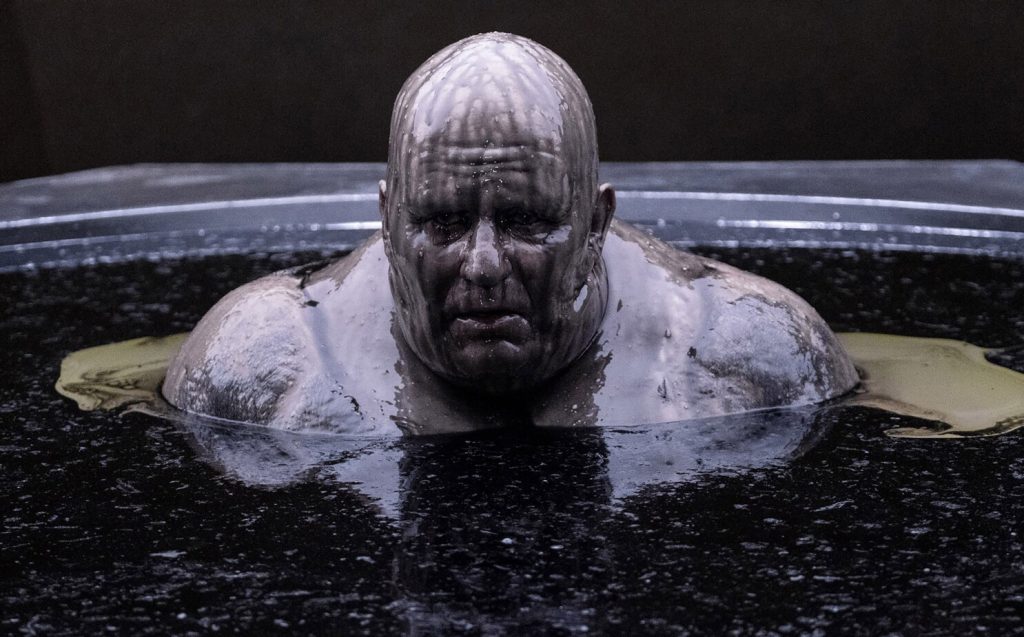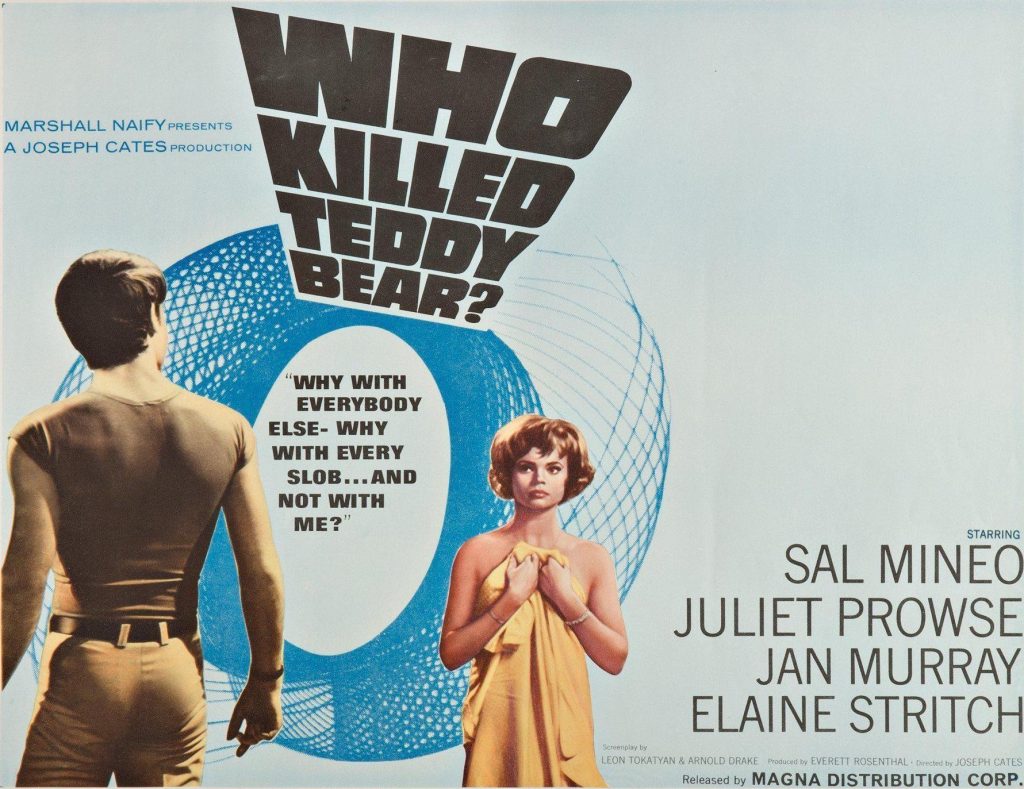Search
-
Recent Posts
- Dishing up Pulp Curry in a new way: why I am starting a Substack newsletter
- Book reviews: Deadly dames, midcentury Brit pulp and 1970s science fiction
- Mackenna’s Gold (1969): Gold, Ghosts and Frontier Violence
- Orphan Road book launch
- Orphan Road now available
- Pre-orders open for my new novel, Orphan Road
- Cover reveal: Orphan Road, my follow up to Gunshine State
- Breakfast in the Ruins podcast: New English Library Bikermania
- Why 1973 was the year Sidney Lumet took on police corruption
- Men’s Adventure Quarterly: Gang Girls issue
Categories
- 1960s American crime films
- 1970s American crime films
- 1980s American crime films
- 1990s American crime films
- Adrian McKinty
- Albert Dekker
- Andre De Toth
- Angela Savage
- Angie Dickinson
- Anthony Zerbe
- Asian noir
- Australian crime fiction
- Australian crime film
- Australian noir
- Australian popular culture
- Australian pulp fiction
- Australian television history
- Ava Gardner
- Beat culture
- Belmont Tower Books
- Ben Wheatley
- Billie Whitelaw
- Black pulp fiction
- Blaxsploitation
- Book cover design
- Book Reviews
- British crime cinema
- British pulp fiction
- Bryan Brown
- Burt Lancaster
- Carter Brown
- Charles Durning
- Charles Willeford
- Chester Himes
- Christopher G Moore
- Christopher Lee
- Cinema culture
- Claude Atkins
- Coronet Books
- Crawford Productions
- Crime Factory
- Crime Factory Publications
- Crime fiction
- Crime fiction and film from Africa
- Crime fiction and film from Cambodia
- Crime fiction and film from China
- Crime fiction and film from India
- Crime fiction and film from Indonesia
- Crime fiction and film from Japan
- Crime fiction and film from Laos
- Crime fiction and film from Latin and Central America
- Crime fiction and film from Malaysia
- Crime fiction and film from New Zealand
- Crime fiction and film from Scandinavia
- Crime fiction and film from Singapore
- Crime fiction and film from South Korea
- Crime fiction and film from Thailand
- Crime fiction and film from the Philippines
- Crime Fiction and film set in Vietnam
- Crime film
- Dangerous Visions and New Worlds Radical Science Fiction 1950 to 1985
- David Goodis
- David Peace
- David Whish-Wilson
- Derek Raymond
- Diana Dors
- Dirk Bogarde
- Don Siegel
- Don Winslow
- Donald Westlake aka Richard Stark
- Dystopian cinema
- Ernest Borgnine
- Eurocrime
- Fawcett Gold Medal Books
- Femme fatale
- Fernando Di Leo
- Filipino genre films
- Film Noir
- Forgotten Melbourne
- French cinema
- French crime fiction
- Garry Disher
- Gene Hackman
- George V Higgins
- Georges Simenon
- Ghost Money
- Giallo cinema
- Gil Brewer
- Girl Gangs, Biker Boys and Real Cool Cats: Pulp Fiction & Youth Culture, 1950-1980
- Gloria Grahame
- Gold Star Publications
- Gregory Peck
- Gunshine State
- Heist films
- Horror
- Horwitz Publications
- Humphrey Bogart
- Ian Fleming
- Interviews
- Ira Levin
- James Caan
- James Crumley
- James Ellroy
- James Hadley Chase
- James Woods
- Jim Brown
- Jim Thompson
- Joel Edgerton
- John Frankenheimer
- Joseph Losey
- Karen Black
- Kerry Greenwood
- Kinji Fukasaku
- Larry Kent
- Laura Elizabeth Woolett
- Lee Marvin
- Leigh Redhead
- Lindy Cameron
- M Emmet Walsh
- Mad Max
- Mafia
- Malla Nunn
- Martin Limon
- Megan Abbott
- Melbourne International Film Festival
- Melbourne Writers Festival
- Men's Adventure Magazines
- Michael Caine
- Michael Fassbender
- Mickey Spillane
- Monarch Books
- Ned Kelly Awards
- Neo Noir
- New English Library
- Newton Thornburg
- Noir Con
- Noir fiction
- Non-crime reviews
- Oren Moverman
- Orphan Road
- Ozsploitation
- Pan Books
- Parker
- Paul Newman
- Peter Boyle
- Peter Corris
- Peter Strickland
- Peter Yates
- Poliziotteschi
- Pulp fiction
- Pulp fiction in the 70s and 80s
- Pulp fiction set in Asia
- Pulp Friday
- Pulp paperback cover art
- Qui Xiaolong
- Raymond Chandler
- Richard Burton
- Richard Conte
- Robert Aldrich
- Robert Mitchum
- Robert Ryan
- Robert Stone
- Rock Hudson
- Roger Smith
- Rollerball
- Rosaleen Norton
- Roy Scheider
- Rural noir
- Sam Levene
- Sam Peckinpah
- Samuel Fuller
- Science fiction and fantasy
- Scripts Publications
- Sidney Lumet
- Sidney Poitier
- Simon Harvester
- Snowtown
- Snubnose Press
- Spies
- Stanley Baker
- Sterling Hayden
- Steve McQueen
- Sticking it the the Man Revolution and Counter Culture in Pulp and Popular Fiction 1950 1980
- Stuart Rosenberg
- Tandem Books
- Tart noir
- Tartan Noir
- Ted Lewis
- Toni Johnson Woods
- True crime
- Vicki Hendricks
- Victor Mature
- Vintage mug shots
- Vintage pulp paperback covers
- Wallace Stroby
- War film
- Westerns
- William Friedkin
- Woody Strode
- Yakuza films
- Yaphet Kotto
Nothing but noir
Recommended reading
The lurid world of pulp
- 20th century Danny Boy
- American Pulps
- Bear Alley
- Bloody, Spicy, Books
- Comics Down Under
- Everything second hand
- Existential Ennui
- Greenleaf Classic Books
- Irv O. Neil's Erotica is My Trade
- Killer Covers
- Lost Classics of Teen Lit 1939-1989
- Luminist Archives
- Men's Pulp Mags
- Mporcius Fiction Log
- Murder, Mayhem and Long Dogs
- Neglected Books
- Nocturnal Revelries
- Paperback Warrior
- Paperbacks of the Gods
- Pop Sensation
- Pulp artists
- Pulp Covers
- Pulp Crazy
- Pulp Flakes
- Pulp International
- Pulp Magazines Project
- Pulp Serenade
- Realms of the Night
- Romance Fiction Has a History
- Rough Edges
- Sin Street Sleaze
- Spy Guys and Gals
- The department of Afro American Research Arts & Culture
- The Dusty Bookcase
- The Haunted World of Richard Sala
- The Moon Lens
- The Nick Carter & Carter Brown Blog
- The Pulp & Paperback Fiction Reader
- Too Much Horror Fiction
- True Pulp Fiction
- Vault of Horror
- Vintage Nurse Romance Novels
- Vintage Romance Novels
- Welcome to the Pan Paperback
- Yellow and Creased
Support This Site
If you like what I do please support me on Ko-fi
Category Archives: Neo Noir
The mystery of Billy Rags
Crime fiction is just far too large a literary field to aspire to anything near being a completist in terms of reviewing. That said, the British noir author Ted Lewis has been something of a favourite on this site. I reviewed Jack’s Return Home aka Get Carter (1970) and its two sequels, as well as the novels Plender (1971) and GBH (1980). But there is one more Lewis work I want to tackle, Billy Rags, originally published in in 1973 and which, coincidentally has just been re-released by No Exit Press in the UK.
Billy Rags is very closely based on the life of the real British criminal John McVicar. Just how closely I’ll get to directly. McVicar was an armed robber, declared ‘public enemy no 1’ by Scotland Yard in the 1960s, until he was apprehended and given a 23-year sentence. He was also a serial escapee and after his final arrest in 1970 received a 26-year sentence but was paroled eight years later. McVicar was also something of a uniquely 1960s/70s phenomena, the self-aware/educated working class career criminal turned author and commentator on prison reform, a major social debate in those two decades. He studied for a university postgraduate, wrote an autobiography, McVicar by Himself, published in 1974, and authored a couple of other true crime books.… Read more
Posted in Book Reviews, British crime cinema, British pulp fiction, Crime fiction, Crime film, Neo Noir, Noir fiction, Ted Lewis, True crime
Tagged Billy Rags, Charlie Richardson, GBH, Get Carter (1971), Getting Carter: Ted Lewis and the Birth of Brit Noir, Goronwy rees, Jack's Return Home, John McVicar, Mark Chopper Read, McVicar (1980), McVicar by Himself, Nick Triplow, Plender, Roger Daltry, Sweeney 2 (1978), Ted Lewis, Tom Clegg
Ten underappreciated American noirs of the late 1950s and 1960s
While preparing for a recent appearance on a podcast episode about John Boorman’s 1967 film, Point Blank, I thought a lot about American noir cinema of the very late 1950s and the 1960s. I find it interesting that so many of the films made during this time remain unknown and underappreciated relative to the classic film noir period, generally regarded as beginning with John Huston’s 1941 classic The Maltese Falcon and ending in 1958, and the body of American crime cinema known as neo noir, which took off in the early 1970s. My latest piece for the US site CrimeReads is on this strange, partly forgotten period of American noir cinema that came between classic film noir & 1970s neo-noir, and 10 great underrated/unknown films that were released during it. You can read it in full on the CrimeReads site here.… Read more
Posted in 1960s American crime films, 1970s American crime films, 1980s American crime films, Crime film, Film Noir, Heist films, Neo Noir
Tagged 1960s noir, American noir cinema, City of Fear (1959), Johnny Cool (1963), late noir, Mickey One (1965), noir cinema, Private Property (1960), Seconds (1966), The Boston Strangler (1968), The Detective (1968), Uptight (1969), Who Killed Teddy Bear? (1965)
Projection Booth podcast #546: Point Blank (1967)
It was a great pleasure to be able to perform co-hosting on the Projection Booth podcast for the second time in as many months, this time alongside my friend Jedidiah Ayres, on an episode about one of my favourite crime films, John Boorman’s Point Blank (1967). In addition to the film and how it figured in the careers of Lee Marvin, Angie Dickinson and Boorman, we talked about its place in 1960s American crime cinema, the film’s take on violence, and how it related to it literary source material the character of the hardboiled master thief Parker who appeared in the books of Richard Stark aka Donald Westlake. We also spent a fair bit of time talking about other cinematic adaptations of Parker, particularly Brian Helgeland’s 1999 film Payback – which was based on the same 1962 Parker book as Point Blank, The Hunter – and Payback’s various versions. It is a great episode and you can listen to it in full at the Projection Booth site via this link.… Read more
Posted in 1960s American crime films, 1970s American crime films, 1980s American crime films, Angie Dickinson, Crime fiction, Crime film, Donald Westlake aka Richard Stark, Heist films, Lee Marvin, Neo Noir
Tagged 1960s American crime cinema, Angie Dickinson, Brian Helgeland, John Boorman, Lee Marvin, Payback (1999), Payback Straight Up (2006), Point Blank (1967), The Projection Booth podcast


























